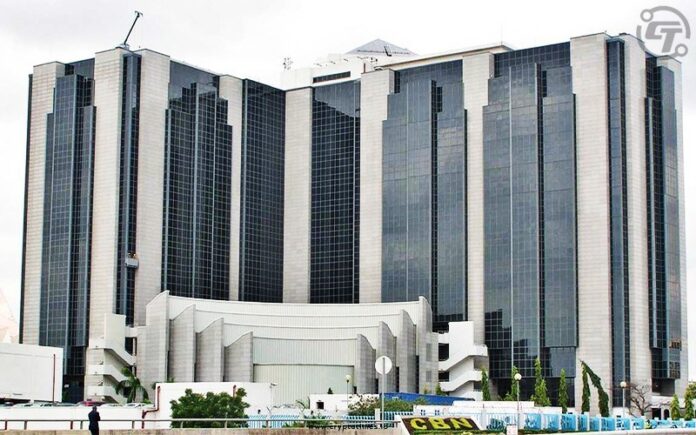CBN forex sale affected by liquidity squeeze, exclusion of BDCs
By Jeph Ajobaju, Chief Copy Editor
Up to $18.03 billion was sold by the Central Bank of Nigeria (CBN) as foreign exchange (forex) to multiple windows in 2021, a dip of 18.6 per cent from $22.16 billion in 2020 and 36.9 per cent against $36.9 billion in 2019.
This means a drop of $18.87 billion between 2019 and 2021.
CBN data shows the decline follows stringent forex liquidity concerns since the pandemic hit the global economy, including that of Nigeria, in 2020. Stoppage of dollar sale to bureau de change (BDC) operators in July 2021 also played a role.
The CBN funds a huge chunk of forex obligations to stabilise naira which continues to depreciate in the black market in the face of greater demand for hard currency versus dwindling inflow.
CBN figures show that $13.29 billion was sold at the Investors and Exporters Window, SME, and Invisibles in 2021 – about 73.7 per cent of total sales.
BDCs were sold $2.77 billion between January and June before the CBN yanked them off the list in July 2021. Up to $1.98 billion was sold at interbank, which only improved after the ban on sales to BDCs.
__________________________________________________________________
Related articles:
Black market forex sale is huge loss to economy
CBN forex sales to banks decline to $1.65b
Respite from huge debt servicing unlikely this year
__________________________________________________________________
Forex liquidity squeeze
Nigeria still suffers from the ripple effect of COVID-19 with capital inflows tanking to a four-year low of $9.66 billion in 2020, falling further to $6.7 billion in 2021.
Foreign trade balance for 2021 plummeted to N1.94 trillion, the highest deficit on record, according to reporting by Nairametrics quoting CBN data.
Export increased 51 per cent to N18.91 trillion in 2021 from N12.52 trillion in 2020. However, increase in export earnings could not compensate for 64.1 per cent uptick in import bill to N20.84 trillion.
External loans
Forex flight triggered $5.26 billion negative balance of payment in 2021, piling more pressure on naira hence the need to turn to external reserves which plunged to $33 billion in June 2021.
Nigeria raised $4 billion through the issuance of Eurobonds in September 2021, the biggest trade on the African continent at the time, with the order book of the issuance peaking at $12.2 billion.
Nigeria also secured a $3.35 billion SDR allocation from the Internal Monetary Fund (IMF) to shore up external reserves to $40 billion in October 2021. External reserves stood at $39.7 billion on 13 April 2022.
External debt rose to $38.39 billion in December 2021 from $33.35 billion in 2020.
Forex market
The exchange rate between naira and the dollar dropped 6.03 per cent to N435/$1 in December 2021 compared with N410.25/$1 in December 2020.
In the parallel market, which is more volatile than the official market, naira crashed against the dollar to N565/$1 in December 2021 against N460/$1 in December 2020.
The differential between the official and the black markets was N49.75 in December 2021. It widened to N140.74 by April 2022 as surging demand for scarce forex puts exchange rate at record levels at the unofficial market.














